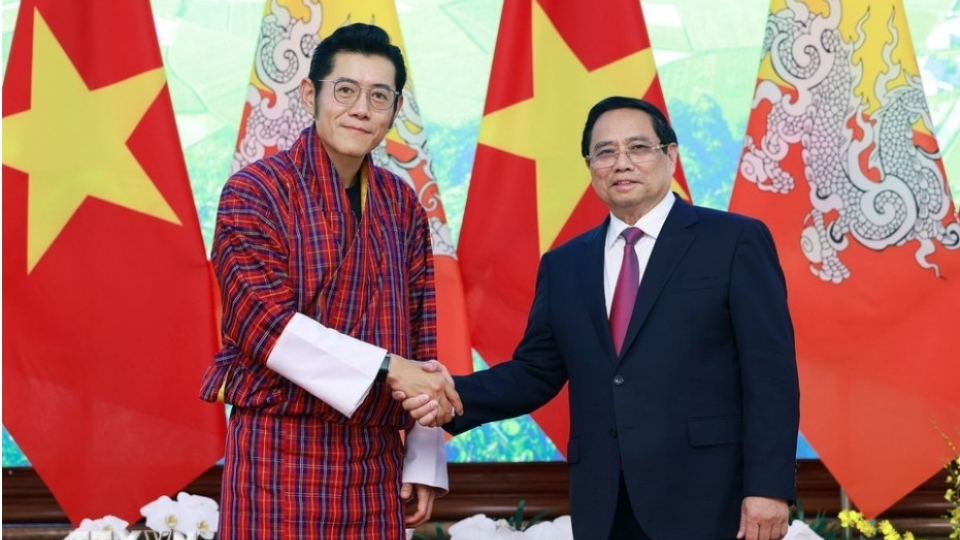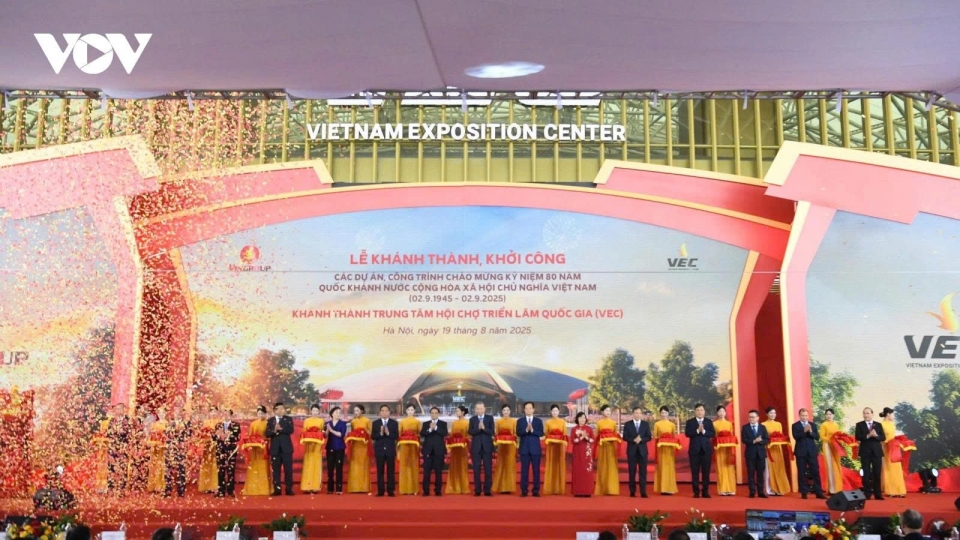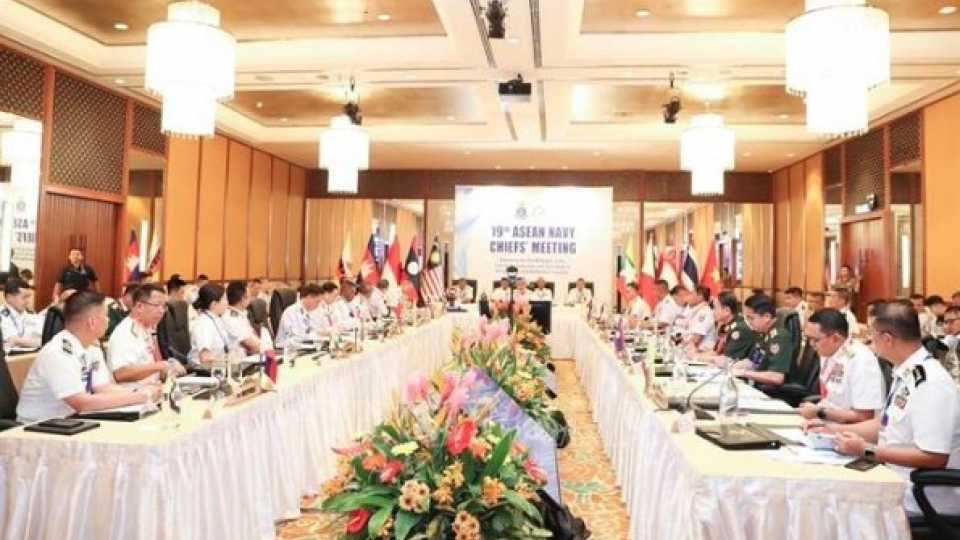Tag: revolution

When everything must be imported: developing a better support industry
If it does not take advantage of opportunities, Vietnam will need at least two more decades to reach the per capita added value in the processing and manufacturing industry for newly industrialized countries.

Quynh Anh wins Supermodel Me Revolution 2021
VOV.VN - Vietnamese model Nguyen Quynh Anh outperformed her rivals from the Philippines and Singapore in the finale on December 13, securing top prize of the 6th season of the Supermodel Me Revolution held in Singapore.
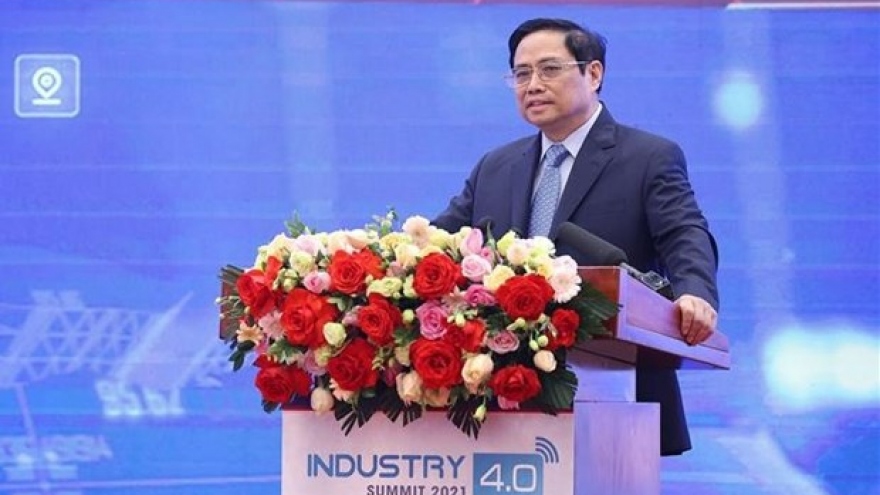
People is the target of development: Prime Minister
Vietnam has regarded people as the centre, subject and driving force and target of development, Prime Minister Pham Minh Chinh told a plenary session of the third annual high-level forum on the fourth industrial revolution in Hanoi on December 6.
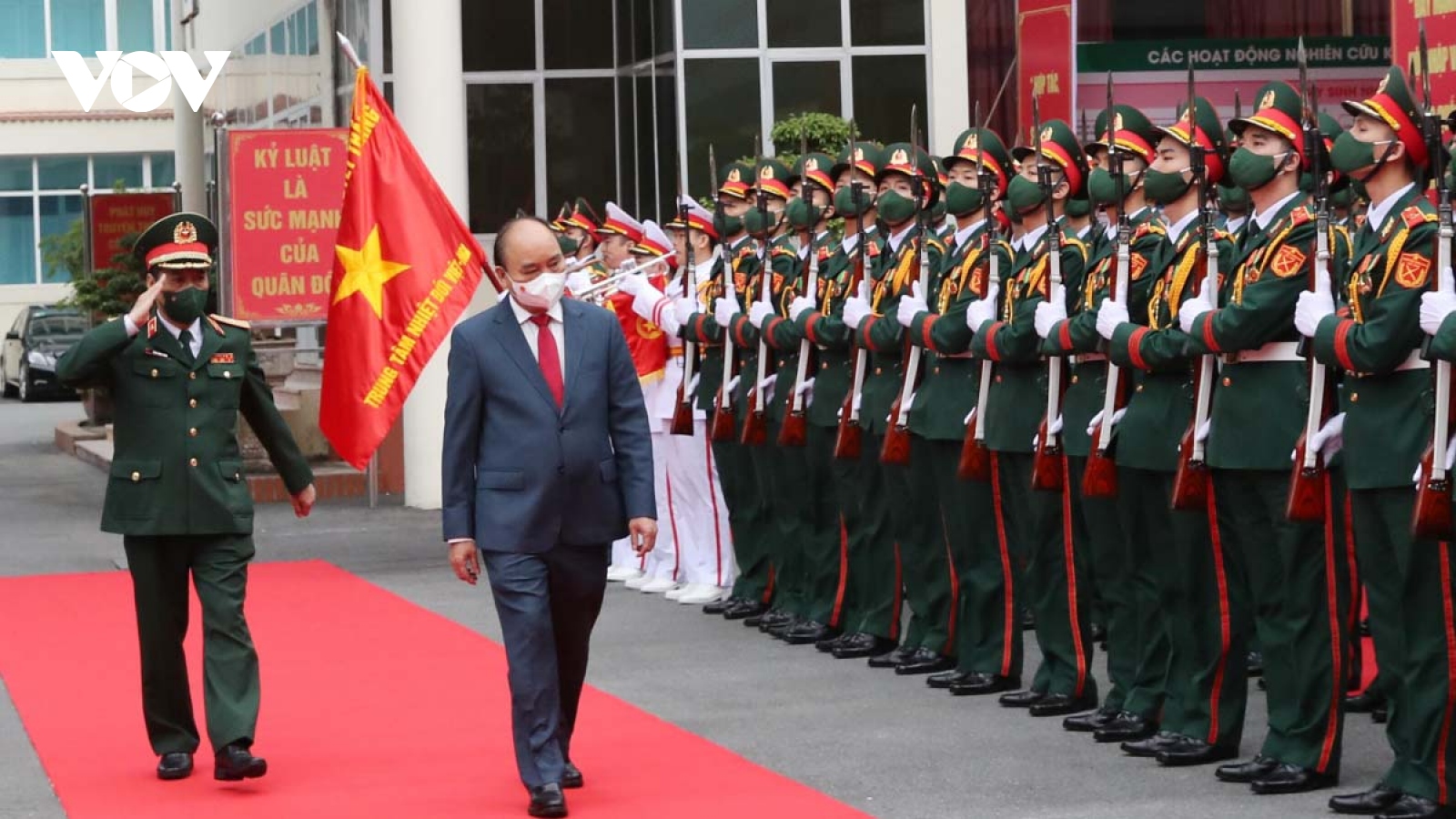
President Phuc visits Vietnam-Russia Tropical Centre
VOV.VN - Vietnamese President Nguyen Xuan Phuc paid a visit to the Vietnam-Russia Tropical Centre on November 22 in Hanoi to mark the 104th anniversary of the Russian October Revolution (1917-2021).
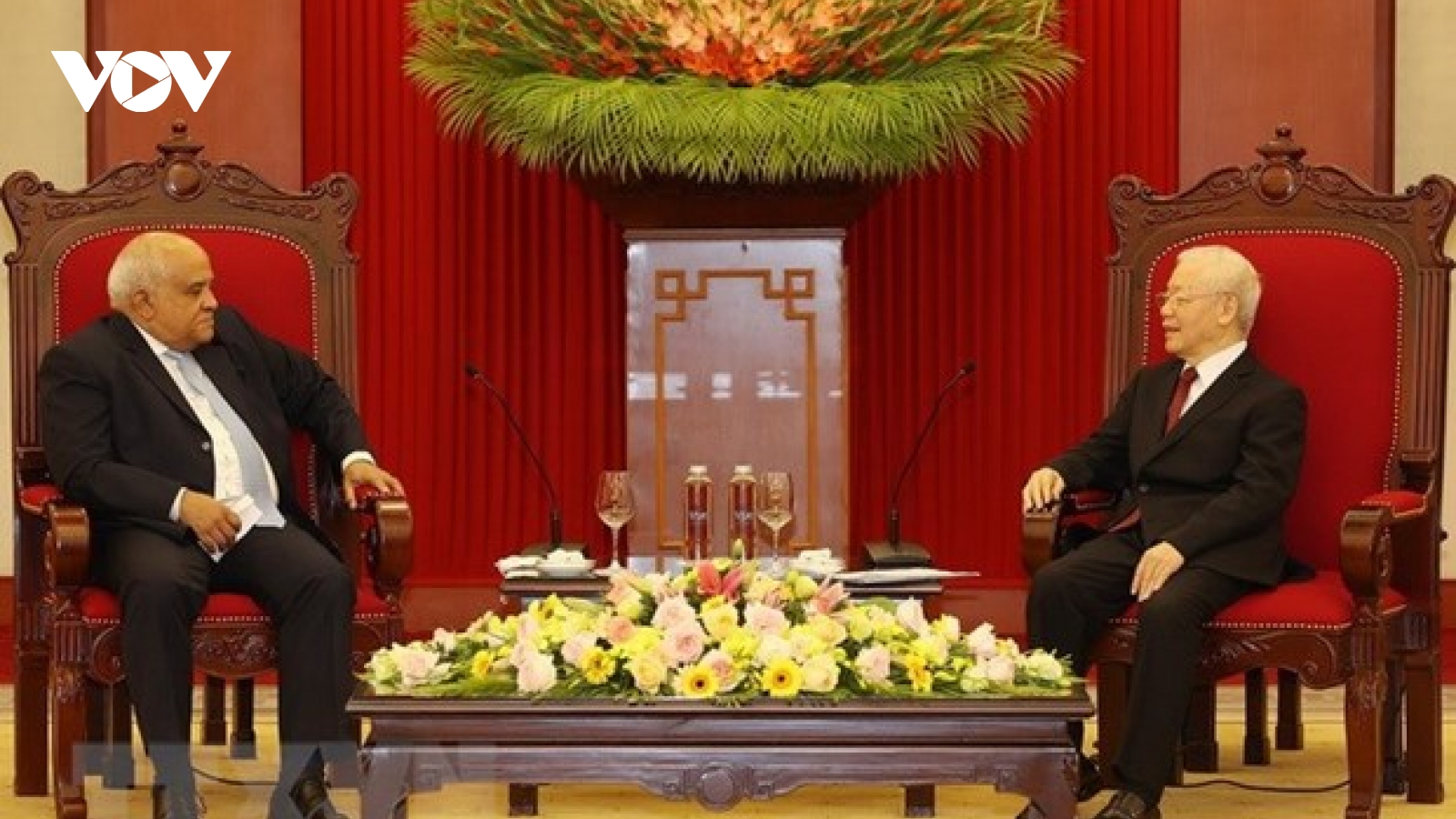
Party chief receives new Cuban Ambassador
Party General Secretary Nguyen Phu Trong hosted a reception in Hanoi on October 29 for new Cuban Ambassador to Vietnam Orlando Nicolás Hernández Guillén, on the occasion of the 55th anniversary of the historic meeting between President Ho Chi Minh and leader of the Cuban revolution Raul Castro.
.jpg)
More quality manpower needed for logistics sector
Amid the logistics industry’s development and the Fourth Industrial Revolution, new logistics services have increased and required more quality and creative human resources, heard a recent forum held both in person and virtually.
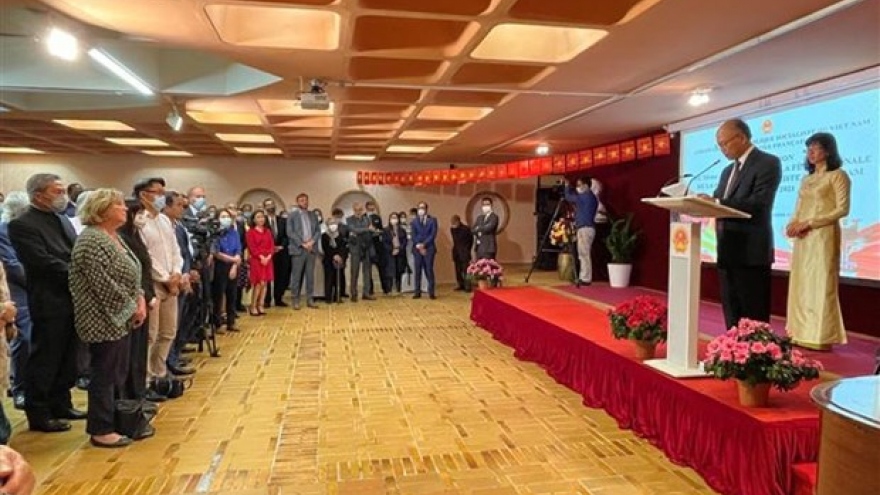
Embassy marks series of Vietnamese events in France
The Vietnamese Embassy in France on September 15 held a ceremony to mark the 76th anniversary of Vietnam’s August Revolution (August 19), National Day (September 2) and diplomatic sector establishment.
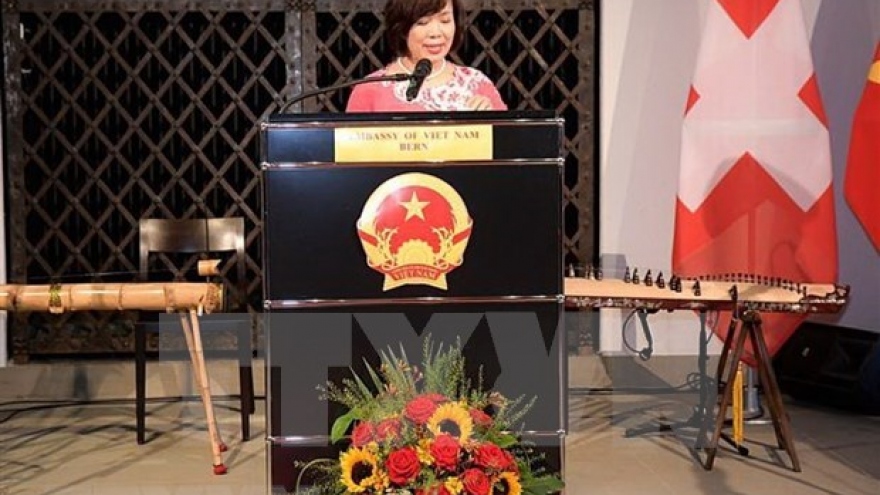
National Day celebrated in Switzerland, South Africa
The Vietnamese Embassy in Switzerland on September 1 celebrated the 76th anniversary of Vietnam's National Day (September 2) and the 50th anniversary of the establishment of diplomatic relations between Vietnam and Switzerland (1971-2021).

National Day celebration amid determination to halt pandemic
VOV.VN - The victory of the August Revolution in 1945 and the birth of the Democratic Republic of Vietnam on September 2, 1945, can serve as a symbol of the people's hearts and the strength of national unity, even in today's national battle against COVID-19.

Vietnam looks to train, retrain skills to adapt to 4IR
Deputy Prime Minister Vu Duc Dam has signed a decision approving a programme on training and retraining skills of human resources to meet requirements of the fourth Industrial Revolution (IR).

